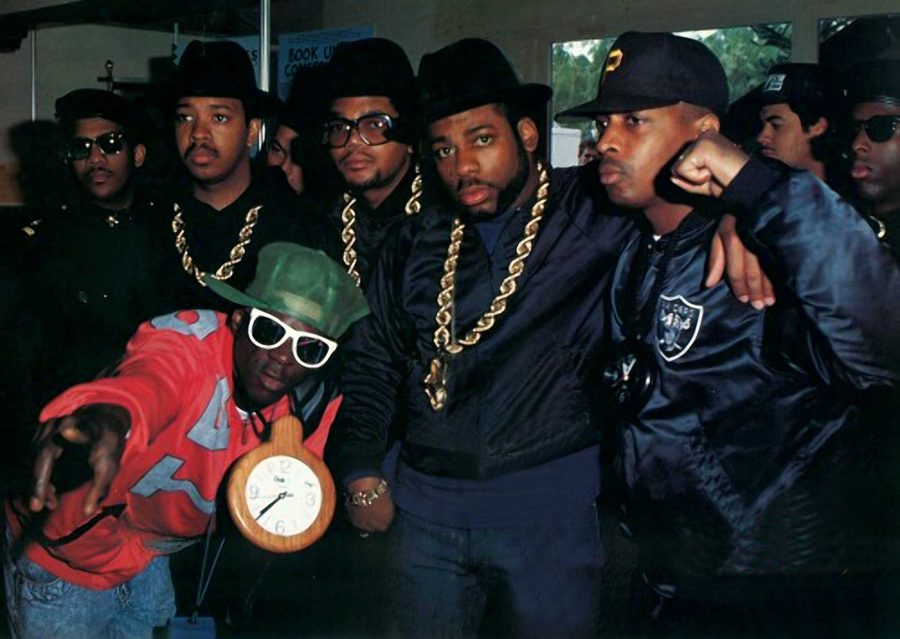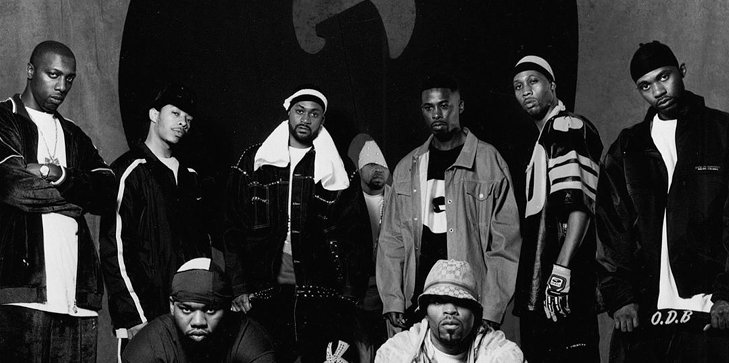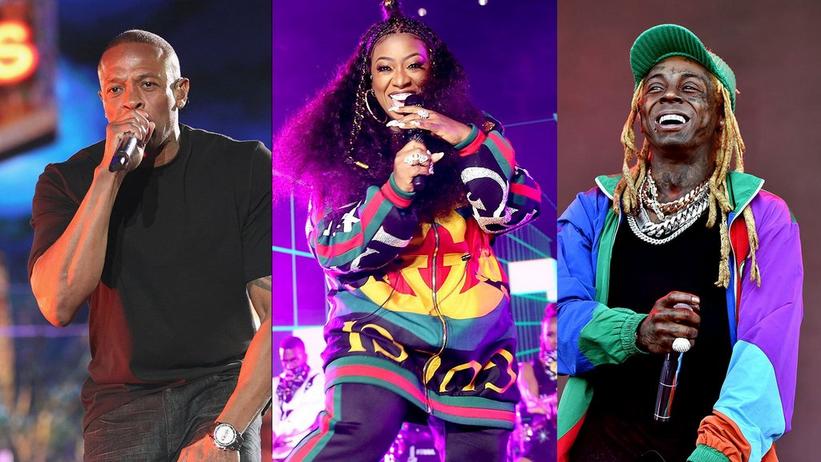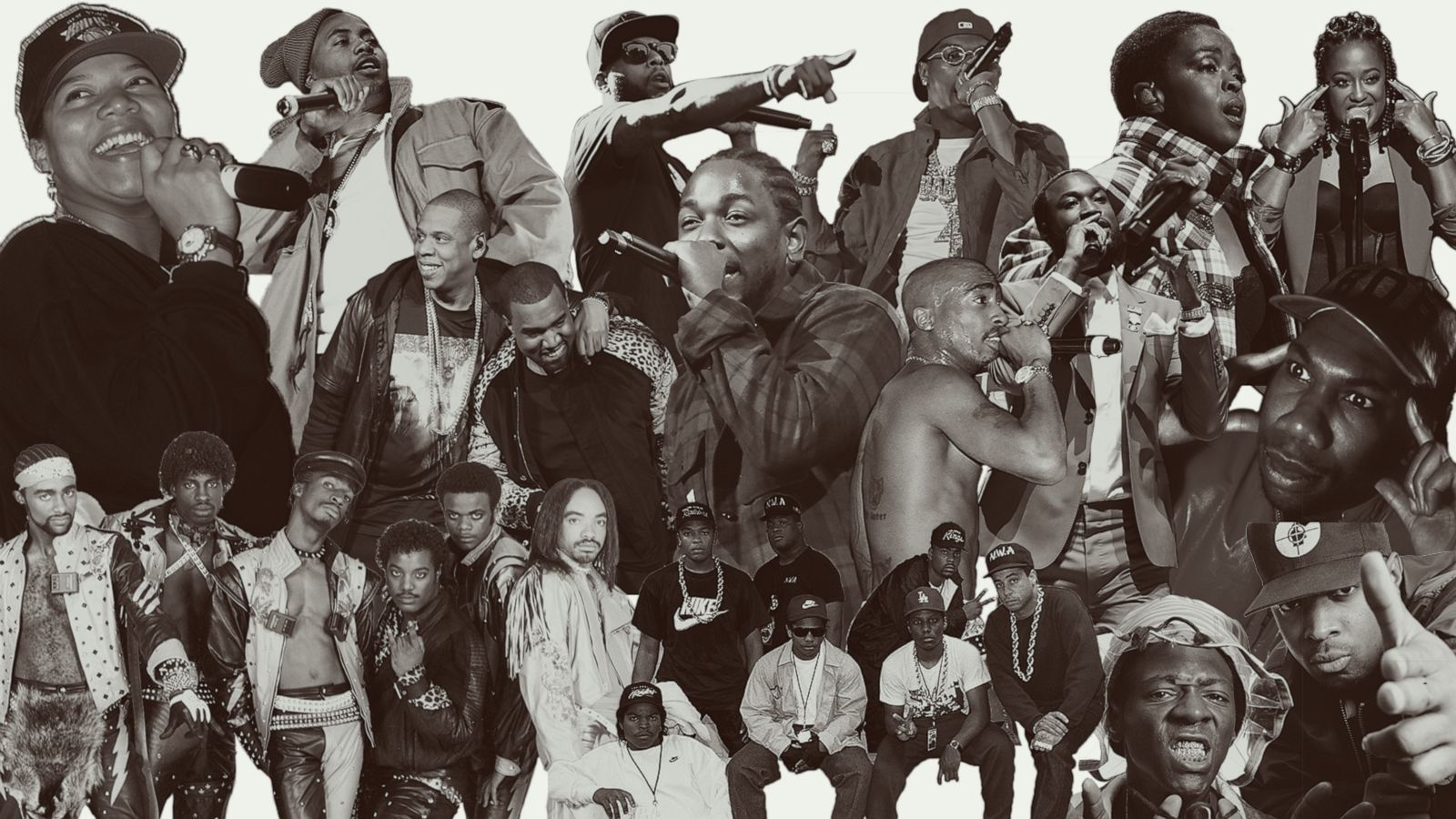Rhymes and Reason: The Evolution and Influence of Rap Music
Introduction:
Rap music, with its rhythmic beats, clever wordplay, and powerful storytelling, has transcended cultural boundaries to become a global phenomenon. From its humble beginnings in the Bronx to topping charts worldwide, rap has evolved into a multifaceted art form that reflects the struggles, triumphs, and aspirations of diverse communities. In this article, we embark on a journey through the history, evolution, and enduring influence of rap music, exploring its roots, impact, and relevance in contemporary society.
The Birth of a Movement:
Rap music emerged in the late 1970s as a voice for marginalized communities in New York City, particularly African American and Latino youth. Inspired by the rhythmic poetry of spoken word and the vibrant energy of block parties, DJs like Kool Herc and Grandmaster Flash pioneered the use of turntables and mixers to create infectious beats that drove crowds wild.
At its core, rap was more than just music; it was a form of expression that gave voice to the experiences of urban youth grappling with poverty, violence, and social injustice. From the gritty streets of the South Bronx to the bustling boroughs of Brooklyn and Queens, rap provided a platform for artists to speak truth to power and challenge the status quo.
The Golden Era:
The 1980s marked the golden era of rap music, characterized by a proliferation of groundbreaking artists, innovative sounds, and iconic albums. Acts like Run-D.M.C., LL Cool J, and Public Enemy brought rap music to the mainstream, blending bold lyrics with infectious beats to create anthems that resonated with audiences worldwide.
Meanwhile, the emergence of hip-hop culture as a global phenomenon paved the way for a new generation of artists to push the boundaries of rap music. From the smooth flows of Rakim and Big Daddy Kane to the socially conscious rhymes of KRS-One and Chuck D, rap evolved into a powerful medium for storytelling, activism, and self-expression.
The Rise of Gangsta Rap:
As rap music continued to evolve, the 1990s witnessed the rise of gangsta rap, a subgenre characterized by its gritty narratives, raw lyrics, and hardcore beats. Artists like N.W.A., Tupac Shakur, and The Notorious B.I.G. brought street tales to the forefront, chronicling the realities of life in America's inner cities with unflinching honesty.
While controversial for its explicit content and portrayal of violence, gangsta rap provided a voice for communities grappling with systemic racism, poverty, and police brutality. Songs like "Straight Outta Compton" and "Dear Mama" resonated with listeners, sparking debates about censorship, artistic freedom, and the role of rap music in society.
Mainstream Success and Global Impact:
By the turn of the millennium, rap music had cemented its place in the mainstream, dominating airwaves, award shows, and pop culture. Artists like Eminem, Jay-Z, and Kanye West transcended genre boundaries, earning critical acclaim and commercial success with their innovative sounds and provocative lyrics.
Moreover, rap's global influence continued to expand, with artists from around the world embracing the genre and putting their own spin on it. From the grime scene in London to the reggaeton movement in Latin America, rap music became a global language that transcended borders and united diverse communities.
The Evolution of Sound:
In the digital age, rap music has undergone a seismic shift, driven by advances in technology, production techniques, and distribution channels. With the rise of streaming platforms and social media, artists have more opportunities than ever to connect with fans, share their music, and build their brands.
Furthermore, the boundaries between rap and other genres have become increasingly blurred, giving rise to a diverse array of subgenres and experimental sounds. From trap and drill to mumble rap and emo rap, artists are pushing the envelope and challenging conventional notions of what rap music can be.
The Power of Protest:
In recent years, rap music has once again emerged as a potent force for social change and political activism. Artists like Kendrick Lamar, J. Cole, and Killer Mike are using their platforms to address pressing issues such as racial inequality, police brutality, and economic injustice.
Through powerful lyrics and thought-provoking imagery, these artists are sparking important conversations, raising awareness, and inspiring action. Songs like "Alright" and "Be Free" have become anthems for social justice movements, amplifying the voices of marginalized communities and demanding accountability from those in power.
The Legacy of Legends:
Within the rich tapestry of rap's history lie the legacies of iconic artists who have left an indelible mark on the genre. From the lyrical prowess of Nas to the visionary storytelling of Tupac Shakur, these legends continue to inspire and influence artists today.
Nas' seminal album "Illmatic" stands as a testament to the power of storytelling, with its vivid depictions of life in New York City's Queensbridge projects. Tracks like "NY State of Mind" and "The World Is Yours" capture the essence of urban life with raw emotion and poetic lyricism, cementing Nas' status as one of rap's greatest wordsmiths.
Meanwhile, Tupac Shakur's impact on rap music and popular culture is immeasurable. With his candid reflections on race, poverty, and inequality, Tupac spoke truth to power and gave voice to the struggles of disenfranchised communities. Songs like "Changes" and "Keep Ya Head Up" remain anthems of resilience and hope, resonating with listeners around the world.
Looking Ahead:
As rap music continues to evolve, the future is ripe with possibilities and potential. Emerging artists are pushing boundaries, experimenting with new sounds, and challenging the status quo. From the socially conscious rhymes of Kendrick Lamar to the genre-bending productions of Travis Scott, the next generation of rap artists is poised to leave its own mark on history.
Moreover, rap's influence extends beyond music to fashion, art, and popular culture at large. Artists like Kanye West and Pharrell Williams have blurred the lines between music and fashion, creating iconic brands and shaping trends that transcend genre boundaries.
In conclusion, rap music's journey from the streets of the Bronx to global prominence is a testament to the power of creativity, resilience, and cultural exchange. As we celebrate the legacy of rap's pioneers and look to the future, one thing remains clear: rap music will continue to inspire, uplift, and unite people from all walks of life for generations to come.




























